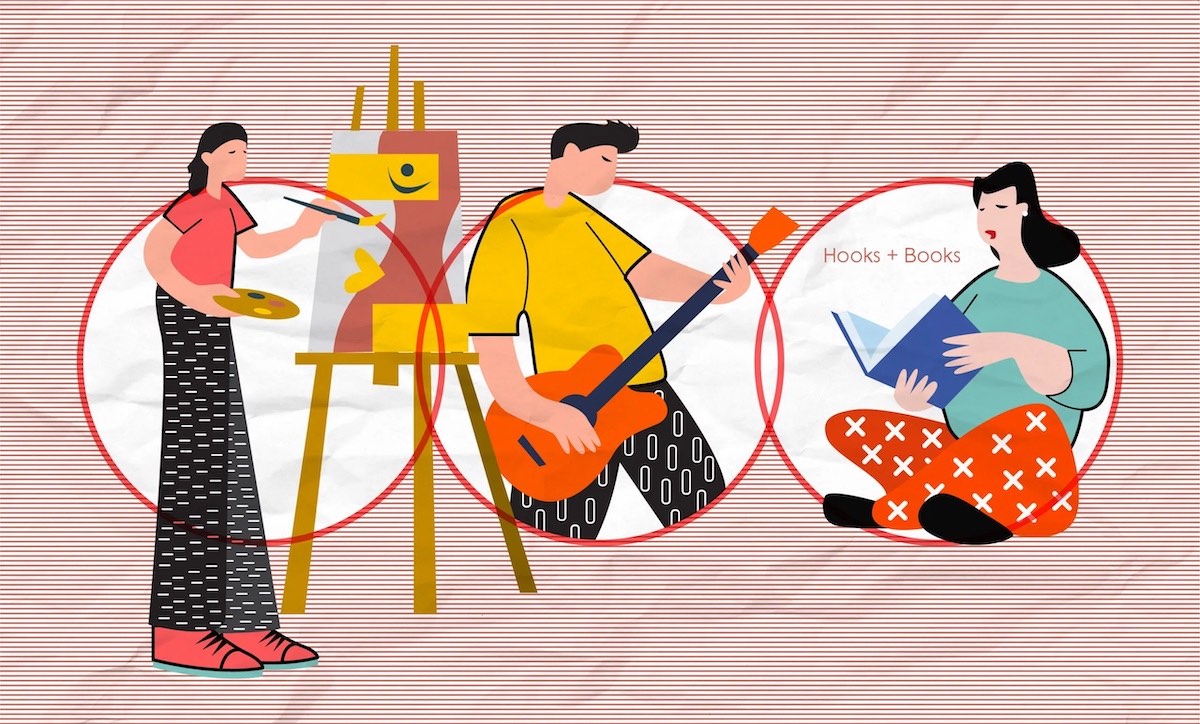Love in transit, a sequel

Almost a decade ago, when I was 18, this paper published a personal essay I had written about trains. Today I will talk about trains again.
In my 2015 essay, I shared my experiences from when I was a regular passenger of the LRT-1 and the MRT-3. I was a college student then, innocent to romantic love, so I romanticized everything: short-lived encounters, like eye contact with a fellow commuter, and other intangible things, like the way the distance feels shorter when you’re on the same rail every day. My opening line: “Train rides are my first love.”
I’m 27 now. I don’t ride trains as often, and I think I’ve come to learn a thing or two about first loves.
First, I’m pleased to report that I’ve finally been on trains other than the LRT and the MRT. I’ve been to Singapore and Hong Kong, and to my Filipino eye, the subway systems there are stunning. The trains are fast and on time (that they even have a timetable is amazing to me) and the various multicolored lines form a network that connects even places separated by rock and sea, a spiderweb of routes that I imagine would take years, if not decades, to build here at home.
Inevitably, I compared my train experience in those places to our local realities. What if I could travel from Pasay to Bataan in a high-speed train beneath Manila Bay, instead of a ferry?
When will there be a train service from Manila to Calamba? Will I ever be able to use my beep card at Mercury Drug? A girl can dream.
Not only have I been on more trains; but I have also experienced “love in transit” in a deeper, fuller sense than during my teenage years. I have collected, like seashells, snapshots of love—my very own, for the first time in my life—in trains, planes, cars, buses, tricycles, jeeps, even on bikes and roller coasters and Ferris wheels.
I have a treasure chest of those memories, but in keeping with the theme, I will relay only the train-related ones here, those fleeting seconds that formed part of the tapestry of two lives that once intersected like commuter rail lines: Playing Tetris on my phone on the train ride back from a long day at Ocean Park. The rush to catch the Airport Express because the A21 bus had not come as scheduled. The all-black outfits, the boots, and the tote bags of the people who, like us, had taken the train to the Esplanade for a concert. Wet from the rain on the train from Bugis, feet sore from walking all day.
And, from long ago: the way his shirt brushed the back of my arm on the LRT to Carriedo, the late afternoon light on his face as he stood in front of me on the MRT to Shaw Boulevard, the butterflies in my stomach as we hugged and said “See you soon” at the end of the LRT-2 line.
It was at Katipunan Station. I was 22, the age that Taylor Swift single-handedly turned into a milestone year, and sure enough, I was falling in love.
And then I was 23, 24, 25, 26, 27, each year full of innumerable joys, the highs and lows of being known to the bone. What a privilege it is to remember. It’s true that forgetting might be gentler on the soul, and being the keeper of memories might look like a curse. But I think there is immense value in having the ability to put it all into words, hold it in one’s hands, lift it up to the light, and resist, at least for a moment, the relentless march of time, the great obliterator.
The significant and the mundane are all the same: I will revisit them, when I wish, like stations in my brain.
I’ll be going on a trip soon, to another country with nice trains. This time I will ride alone.
My parents, God bless them, worry about me being alone and far from home, however briefly, when I seem unwell. But I look forward to getting on those trains, to traveling from Point A to Point B in a city I’ve never been in, to scanning faces in the rush hour crowd and wondering what their stories are, to learning how to be alone. For years, I had the incredible luck of living a life that did not need to be romanticized, but now I must carry on as I used to: with an eye for the soft in the rigid, the curve in the jagged, for comfort in this long, punishing silence.
This essay, I suppose, is a marker of where I am right now. A time capsule. Here she is: a person navigating her late 20s, with a few more stripes on her belt than when she was 18, still a child. I smile at the MRT stories I told then—I hadn’t recalled them in years, but because they are preserved in prose, like flowers in amber, they cannot be fully lost to time. Perhaps when I’m 40, I’ll think of my 27-year-old self as a baby, too, and maybe I will read this and laugh.
Nicole-Anne Lagrimas, 27, is a former journalist. She now writes for a humanitarian organization.

















